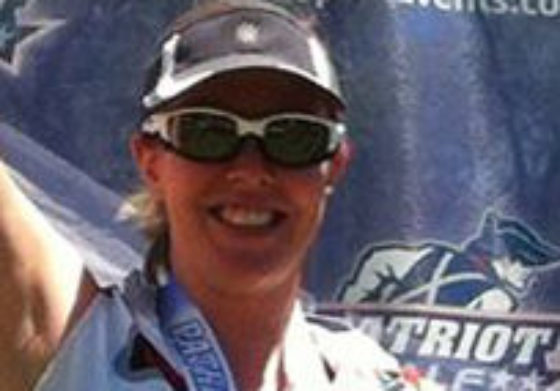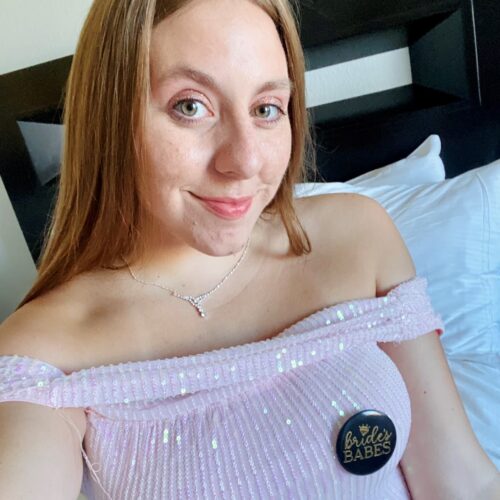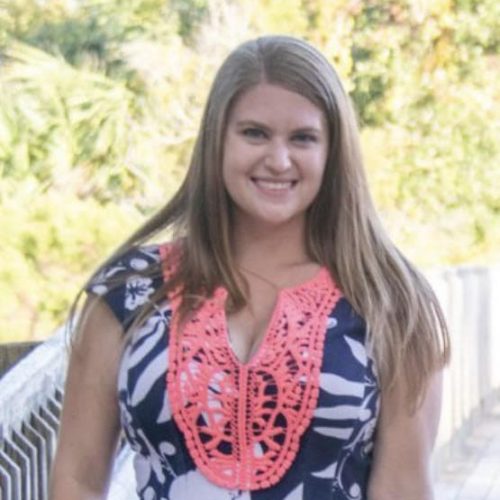
I had signed up for my first Half Ironman Aquabike race, which would take place in June. My training started that January for the 1.2 mile swim and 56 mile bike. Rigorous exercise was nothing new to me. For as long as I can remember I have loved to compete in sports and push my body to its limits. It was probably around March when I noticed my body feeling sluggish; I wasn’t able to complete my bicycle workouts at the prescribed intensity. It made no sense! My fitness should have been improving, not declining. I made several dietary changes, incorporated more rest days, added vitamin supplements and allowed more time for warm-up prior to my rides. Nothing helped, and I was considering dropping out of the race.
Convinced there was something wrong, I made an appointment to see my primary care doctor 2 weeks before my race. I told him all of my symptoms: fatigue, loss of fitness, muscle cramping and that I had also stopped menstruating. He ran routine blood work and it all came back NORMAL! He shrugged his shoulders and sent me on my way. I was dumbfounded, but I believed him. Maybe it was from the lingering grief after suddenly losing a family member back in January, maybe I am overtraining, maybe it’s all in my head, maybe I do too much, maybe it’s because I am almost 40—there were lots of excuses.
After the race, my symptoms got progressively worse. No matter how much sleep I got, I was always tired and my muscles were getting increasingly weaker. It started to affect my memory and my ability to concentrate. I could barely make it through a work day. I KNEW something was wrong with me, but I never considered cancer. I continued to live like this for months, thinking I should go get a second opinion but I didn’t know where to start.
“The biggest lesson I learned here is that I KNOW MY BODY! I will NEVER let symptoms go for more than a week or two without reporting to my doctor.”
In October I noticed some unusual bruising on my arms and legs, they were small—the size of a thumbprint—but were there for no reason. The next day, there were more bruises and the existing ones had increased to the size of a baseball. I immediately called my doctor to schedule an urgent appointment. More detailed blood work than had been ordered previously revealed abnormal white blood cell counts and my platelets were so low I was at high risk for a brain bleed. I was immediately transferred to the emergency room.
A few hours later, I heard the words no one ever wants to hear: “You have cancer.” As upsetting as it was to hear those words, I also had some sense of relief that they finally figured out what was wrong and that it could be treated! I was diagnosed with Acute Promyelocytic Leukemia and I was in such a medical crisis, I was admitted to the hospital to start immediate treatment.
Treatment is behind me and I am now in remission. I’ll continue to get monitored and stay on top of my recovery. One of the hardest parts of healing is overcoming my anger at myself for waiting so long to get checked. My doctors appease me, insisting that I should be proud of myself for getting in when I did.
The biggest lesson I learned here is that I KNOW MY BODY! I will NEVER let symptoms go for more than a week or two without reporting to my doctor. I am much more persistent now with those on my medical team and I constantly ask questions. It is my hope that someone can learn from my story, because cancer does not discriminate against the young and the healthy. Be your own advocate.
Symptom
- fatigue






